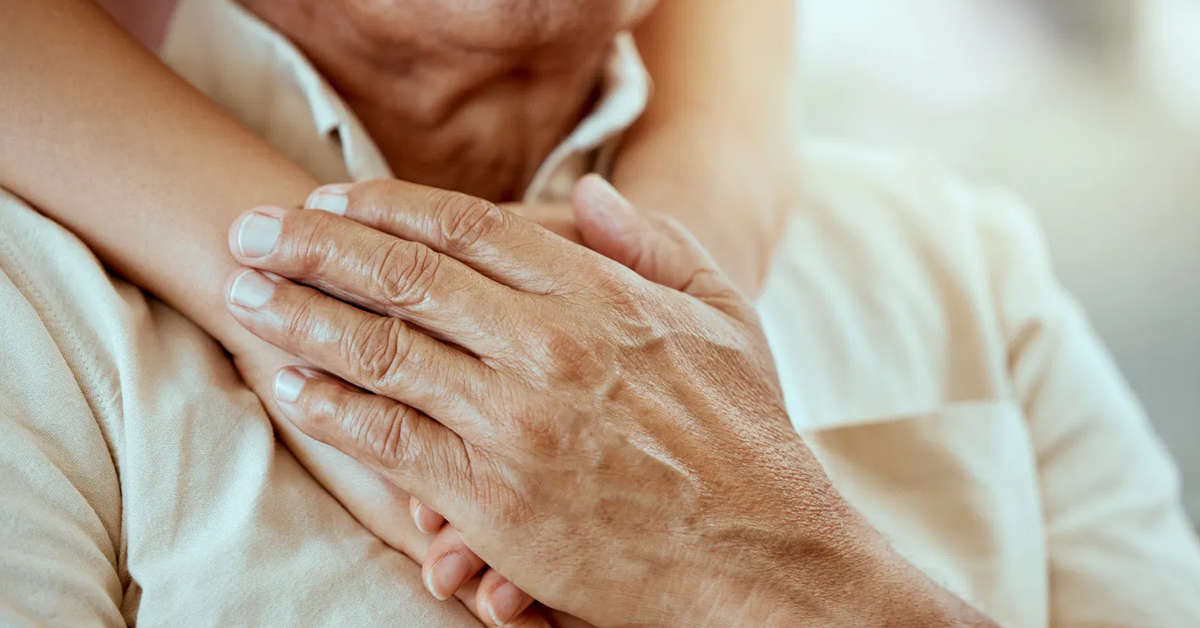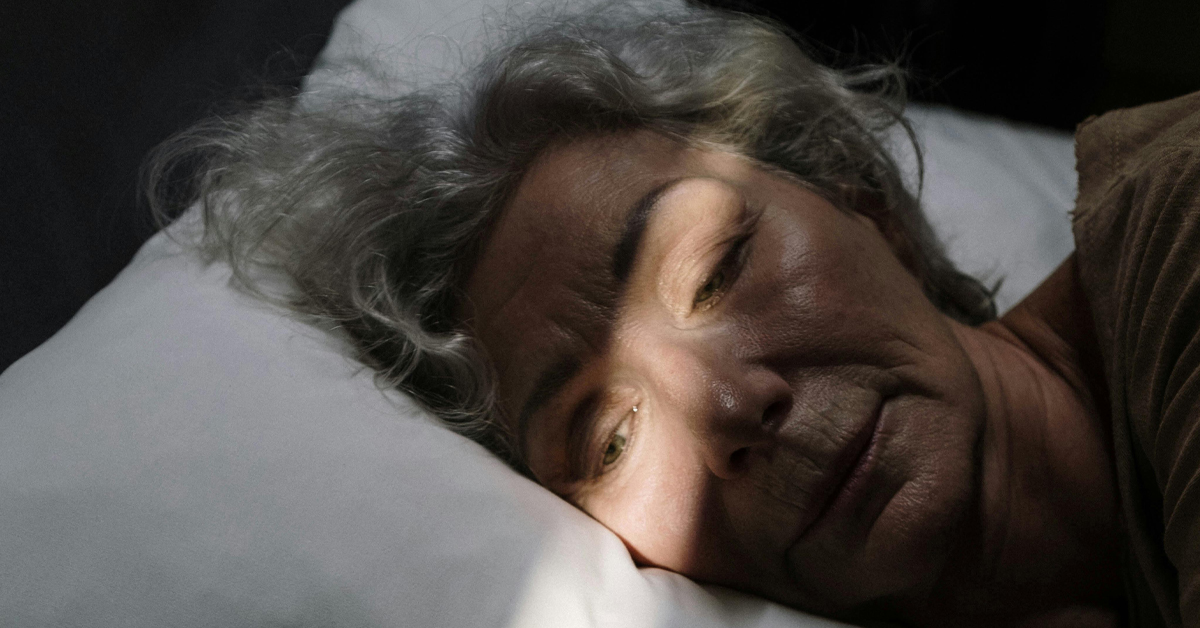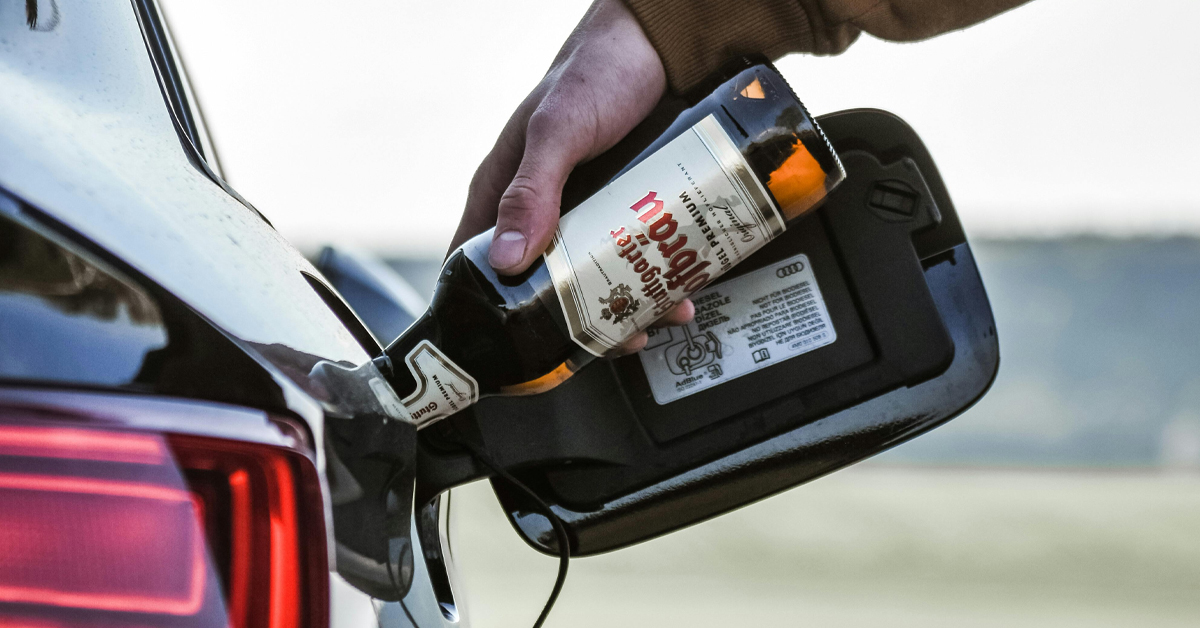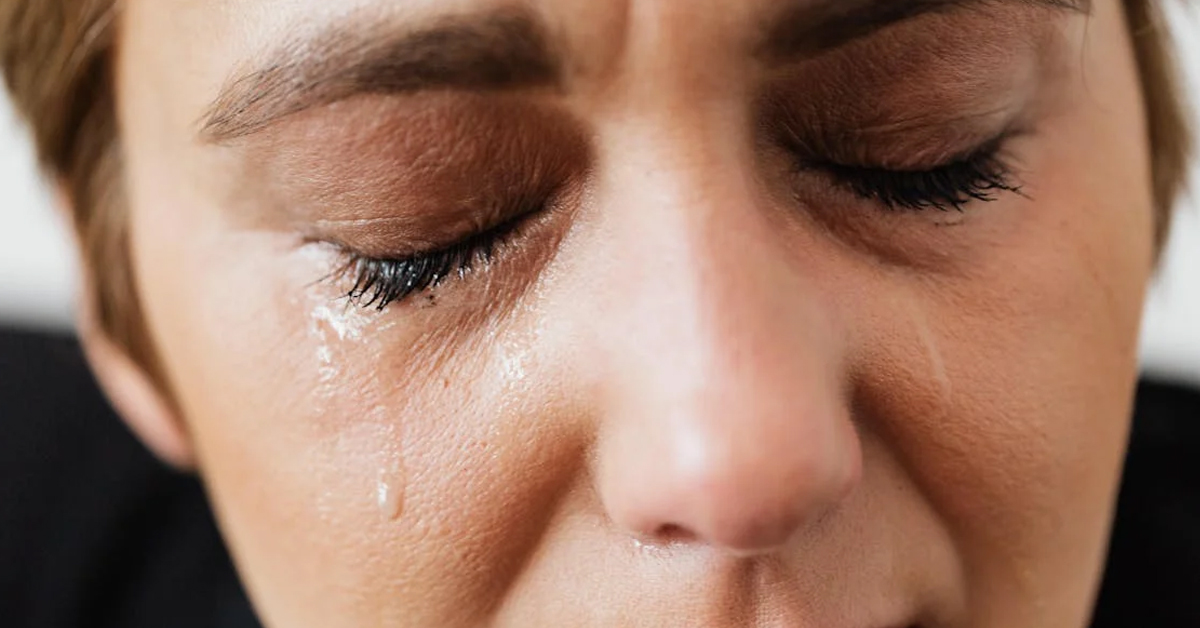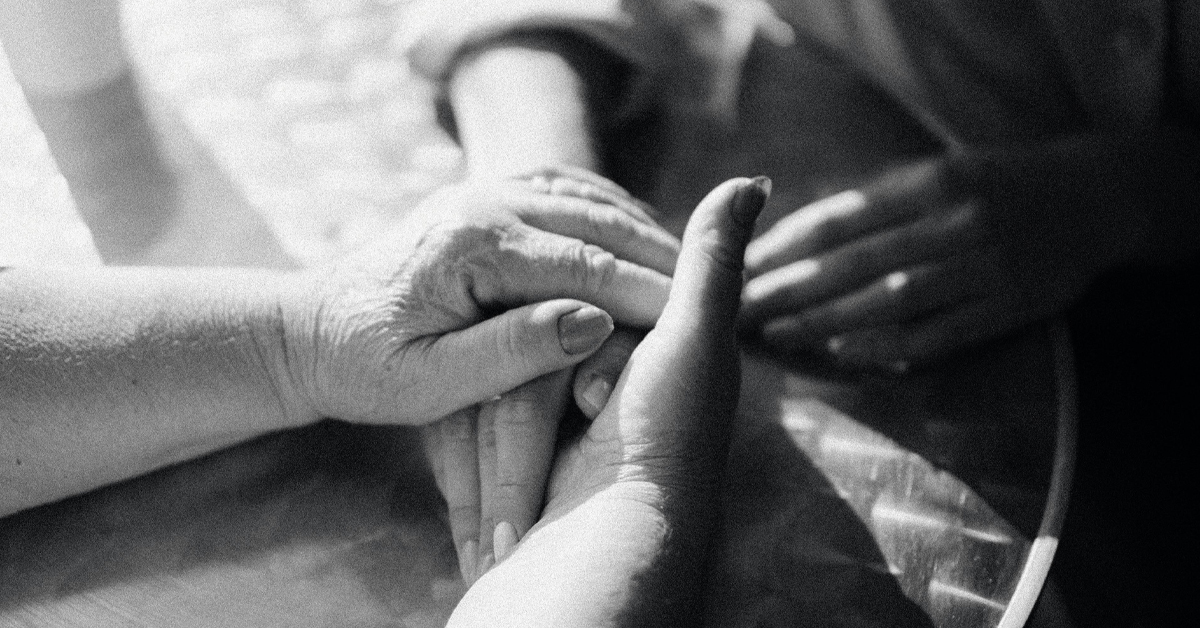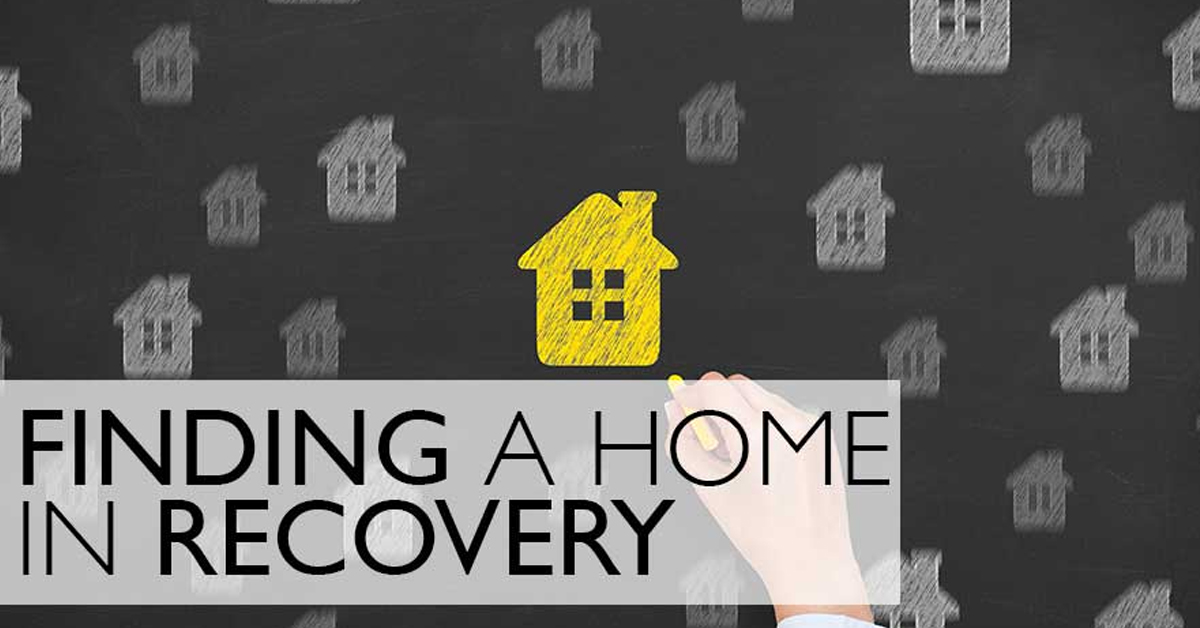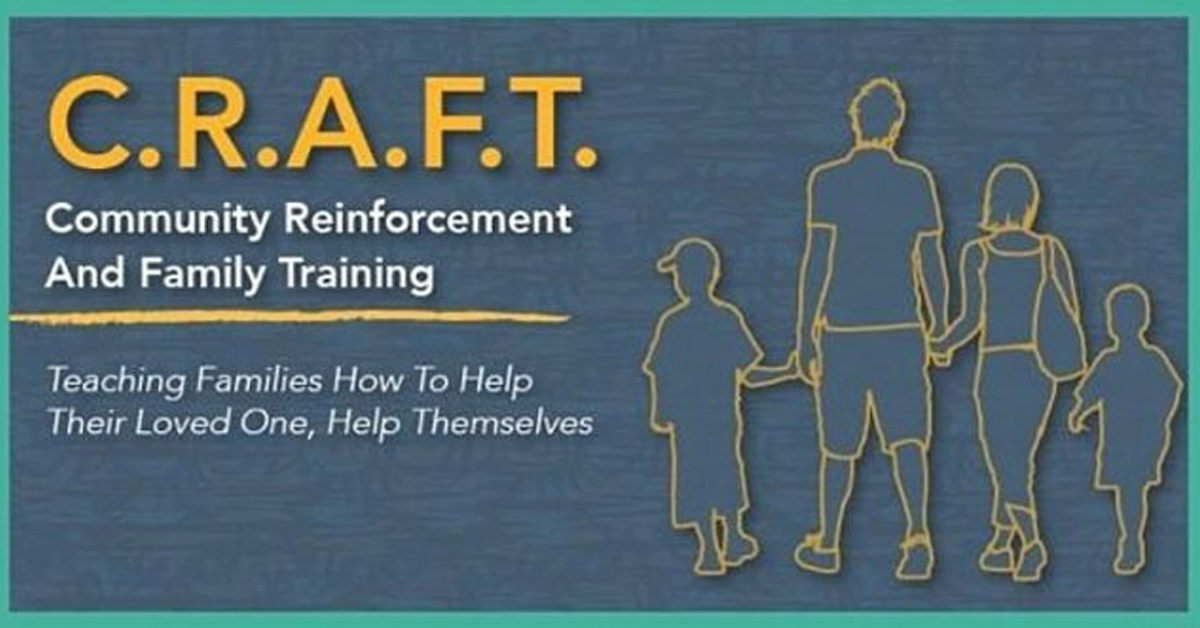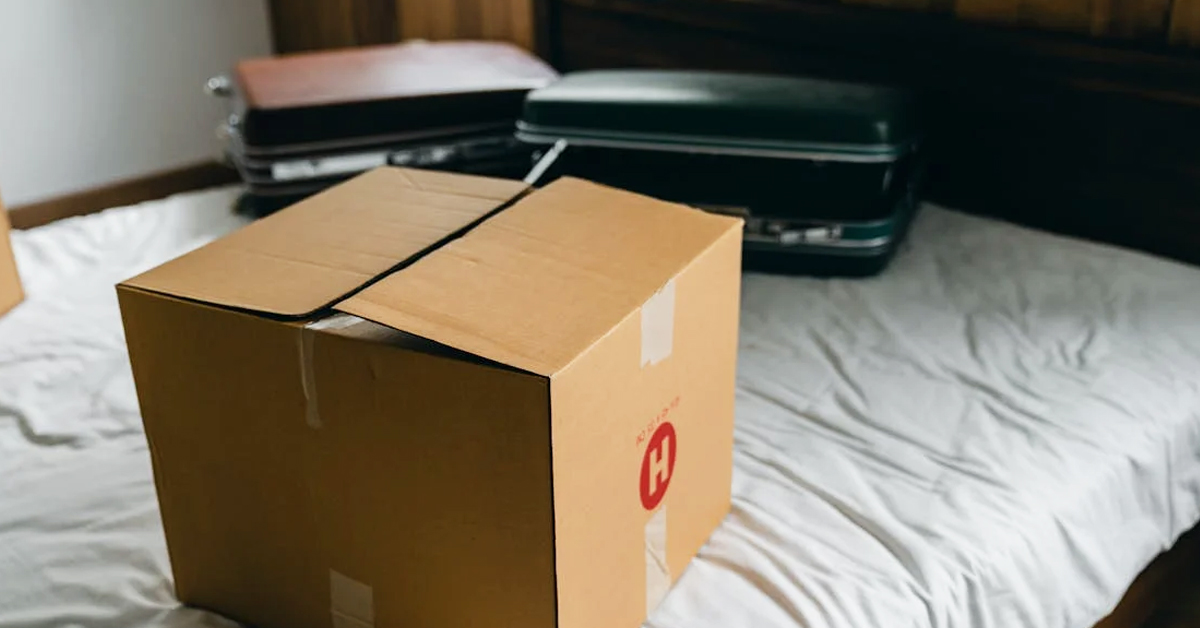Discussion Blog
Latest Discussion Blog Post

The Trouble With “The Righting Reflex”
Letting go of control to build deeper connection.
Discussion Blog Posts
We Can Guess How She’ll Respond to Our Boundary. Should We Stick With It Anyway?
No one can answer that question for us—but there are some vital guidelines to keep in mind.
We Talk About Everything. Should That Include My Plans To Withdraw When He Drinks?
If you can talk about it together while maintaining trust and openness, then why not?
Does This Story Have An Ending?
Recovery journeys are often long and difficult—believe us, we know—but CRAFT skills can help you not lose your way.
I’ve Been at This for 30 Years. Can You Help Me Live With That?
CRAFT skills can’t guarantee progress, it’s true. But they can help us do our very best by our Loved Ones and ourselves.
We See His Pot Use as a Problem—But Does He?
Sometimes it’s best to focus on the progress our Loved Ones are making, and wait a bit on what worries us.
Handling It All
A 2000 year old metaphor still has a lot to teach us about dealing with tough feelings and situations.
That Bottle I Found: Should I Bring It Up in Therapy?
Alas, we can’t tell you yes or no. But we can offer guides for facing the decision and the challenge it represents.
I Did Something Wrong…Right?
We can’t jump to that conclusion just because an interaction is difficult.
We Live in One Room. Is It Even Possible to Practice CRAFT?
Challenging home circumstances make CRAFT skills all the more valuable
How Are You? No, Really?
Many of us in caregiving roles forget to ask that question of ourselves.
We Want To Help Our Daughter. We Want Some Boundaries Too.
Both of these aims are important and legitimate. CRAFT skills can help us enact them.
Help! Finding CRAFT-Savvy Resources Is a Challenge!
CRAFT-trained service providers are few and far between. Here are some tips for finding them, or finding the next best thing.
CRAFT Interventions Are About Love, Connection, and Positive Communication
Unlike old-school confrontations, you’re building trust and a stronger relationship when you practice CRAFT.
I Asked Him To Move Out, and He Did. Why Does It Feel Like I’m the One Facing Consequences?
It can’t be said too often: boundaries are vital, but they determine our own behavior, not our Loved One’s.
What Do We Have to Look Forward To?
Supporting a Loved one with SUD means different things to different people. Meggie, for example, comes from a family that’s confronted the disorder through “tough love”—leaving the Loved One to deal with their addiction entirely alone. This never felt right to Meggie, who wanted to fight alongside her husband for his recovery. When she discovered CRAFT, she soon realized it was designed to help her do just that. Nonetheless, thoughts of the future still leave her anxious. What if he’s in and out of jail for a long time to come? Isabel Cooney reminds us that so much depends on what we tell ourselves about both the present and the possible future.
Straight to Treatment After Jail? Do I Stick to My Guns?
Sometimes we can see the likely future: our Loved One returns to the shelter of home, hides away in their room, and simply doesn’t get the treatment they need to make progress with their SUD. Allies’ member HelenBo doesn’t want to see that happen with her son, who is struggling with heroin and other substances. What other housing options will he have upon release? As Laurie MacDougall writes, there are often more than we realize. At the same time, such transitions are critical moments for our Loved Ones. Having a list of specific housing and treatment options at hand—along with the CRAFT skills to communicate about them effectively—can make all the difference.
Cutting Him Off Entirely Isn’t the Answer—Is It?
We’ve all heard the argument: cut the cord. Let them sink to rock bottom. They’ve made their bed; now they have to lie in it. Recently, Allies member erinlewis was offered this sort of advice concerning her teenage son. Data and experience have shown that such an approach is usually the wrong one for our Loved Ones—but maintaining a connection doesn’t mean that anything goes. Laurie MacDougall walks us through a CRAFT-informed approach to self-care, boundaries, and the balancing act of connection and accountability.
When Stepping Back Is the Best Help You Can Give
No one wants a Loved One to suffer. No one wants a Loved One to relapse. But in our worry about such possibilities, we can stumble into behaviors that stand in the way of change—behaviors that make problematic substance use easier for our Loved Ones than it otherwise would be. Fortunately, CRAFT can help us learn to offer support within our chosen boundaries: the kind of support that truly encourages progress.
About This Whole “Engage When They’re Not Using” Business…
If you’ve worked your way through Allies’ eLearning Modules, you’re already familiar with the concept: when our Loved One (LO) is using, we remove rewards and allow for natural consequences. When they’re not using, we reward them right away. But as member BRIGHTSIDE has been finding, the real-life timing can be a challenge. Laurie MacDougall reviews the fundamentals of this process, and shares ideas for getting creative when the lines seem blurred.
What Is Our Role? Underlying Feelings and Beliefs We Have About Our Loved Ones
Like many of us who have Loved Ones struggling with SUD, Allies member Binnie knows that trust is a delicate matter. Can we trust our Loved Ones to take care of themselves? Do we believe they have the capacity? Or do we think they’re so damaged that they can’t function without our stepping in? Isabel Cooney reflects on how trust is explored in a recent Allies podcast, and offers her own insightful take on this vital subject.



